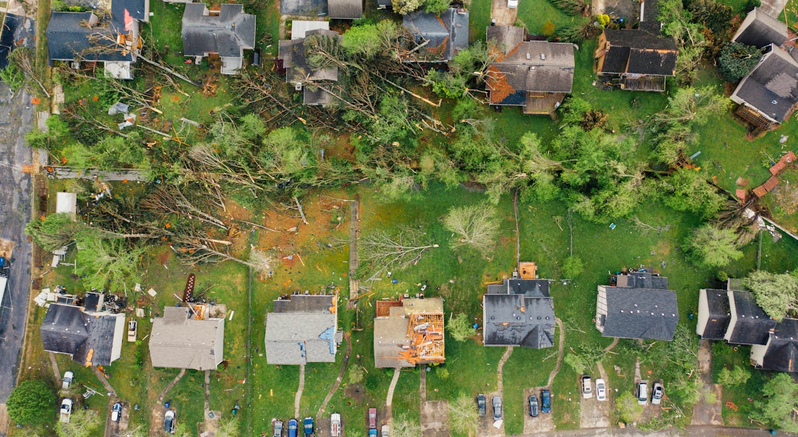Key Factors That Affect a Property’s Market Value After a Disaster

Disasters can strike unexpectedly, leaving a trail of destruction in their wake. Whether it’s a wildfire, flood, or earthquake, the aftermath often raises many questions—especially for property owners. One pressing concern is market value. How does a disaster affect your home’s worth? What options are available if you need to sell fire damaged house fast?
Understanding dynamics at play is crucial for sellers and buyers looking to navigate this complex landscape. The road to recovery involves key factors that significantly influence property values after calamities. Let’s unravel these elements and explore how they shape the real estate market post-disaster.
Extent of the Damage
The extent of damage is the most critical factor in determining a property’s market value after a disaster. A home that has sustained minor water damage will fare much better than one destroyed by fire or flooding. Buyers will often assess what they see and potential hidden issues. Structural integrity, mould growth, and electrical hazards can all impact their willingness to invest.
Properties with extensive damage may require significant renovation costs, which further lowers appeal and price points. On the other hand, homes with minimal impacts could maintain or even increase in value due to high demand for housing post-disaster.
Quality of Repairs

The quality of repairs plays a crucial role in determining a property’s market value after a disaster. When potential buyers assess a home, they look closely at how well it has been restored. High-quality artistry can significantly enhance the perceived value. Buyers are willing to pay more for properties that showcase attention to detail and durable materials.
Conversely, shoddy repairs can lead to scepticism. If cracks reappear or paint starts peeling within months, it raises red flags about the property’s overall condition. Documentation is also essential. Records detailing what was repaired and who completed the work add credibility, fostering trust between sellers and buyers.
Insurance Coverage and Claims
Insurance coverage is pivotal in determining a property’s market value post-disaster. Policies vary widely, impacting how much homeowners can recover after damage. When disaster strikes, the claims process can be daunting. Homeowners must navigate paperwork and adjusters while trying to assess their losses accurately. A well-documented claim often results in better compensation.
The type of coverage matters, too. Replacement cost policies typically offer more financial support than actual cash value ones, and this difference can significantly affect how quickly and effectively repairs are made. Additionally, timely filing is crucial. Delays might lead to reduced payouts or complications that could hinder recovery efforts.
Location and Market Demand

Location is crucial in determining a property’s market value, especially after a disaster. If the area remains desirable, property values recover more quickly. Market demand can fluctuate dramatically based on various factors. A strong local economy often boosts interest in properties, while areas struggling economically may see slower recovery rates.
Proximity to amenities like parks, schools and shopping centres also impacts desirability. Buyers are ready to invest more in homes that offer convenience. Additionally, current trends can shift buyer preferences. For instance, urban living might be appealing post-disaster if it provides better access to resources or community support systems.
Perceived Safety and Structural Integrity
Perceived safety is crucial in determining a property’s market value after a disaster. Buyers are often hesitant when they sense potential risks. If the area has recently been traumatized, even minor damages can lead to doubts about safety. Structural integrity also comes into play. A sound and stable home will attract more interest than one with visible cracks or signs of wear. Potential buyers tend to conduct thorough inspections, looking for underlying issues before making any commitments.
Reinforced construction and quality materials can boost confidence among prospective homeowners. They want reassurance that their investment is secure in the long term.…





 It is essential to know the work experience of the letting agent. How long have they been in the markets? How does their portfolio look like, how many clients do they currently have, where do they advertise their property and what is their property range cost. Can they provide references of clients whom you can call to get their experience?
It is essential to know the work experience of the letting agent. How long have they been in the markets? How does their portfolio look like, how many clients do they currently have, where do they advertise their property and what is their property range cost. Can they provide references of clients whom you can call to get their experience?

